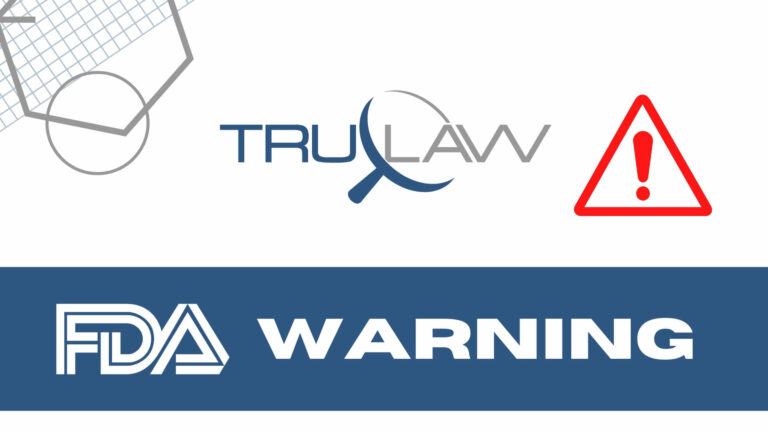
The FDA is informing consumers of recent updates to a March 26, 2024 recall of three Philips Respironics, Inc. ventilators–BiPAP V30, BiPAP A30, and BiPAP A40–because of a failure in the device’s Ventilator Inoperative alarm, which may result in interrupted or loss of therapy.
Officials note that this recall involves updates on the use instructions for the devices, and does not call for a product removal. However, because this issue may lead to serious injury or death if the device continues to be used without heeding the new instructions, the agency has identified this recall as Class I, the most serious type.
Designed to provide non-invasive support for patients (adults and children who weigh more than 10 kilograms, or 22 pounds) who suffer “Obstructive Sleep Apnea (OSA) and respiratory insufficiency,” the BiPAP V30 Auto ventilator is used in “institutions or hospitals.” While it can also be used during transport between facilities, users should note that it is not intended to provide life support.
The BiPAP A30 ventilator and the BiPAP A40 Pro also serve the above demographic with the same needs, but the BiPAP A30 is designed for use in the home and clinical settings (“hospitals, sleep labs, and intermediate care institutions”), and the BiPAP A40 Pro, while not meant for life support or use in transport, is designed for portable applications in home and clinical settings, to accommodate those in wheelchairs and on gurneys.
Affected devices can be found under the following Unique Device Identifiers (UDI)/Models, respectively:
- 00606959049635/BiPAP V30 Auto
- 00606959039308/BiPAP A30
- 00606959039476/BiPAP A40
Users are asked to be aware of the following signs of therapy interruption or loss:
- The device may reboot intermittently, for 5-10 seconds at a time, causing therapy to stop (with the screen going blank, and a single alert sounding) and then restart again, displaying the same patient settings.
- The device may reboot intermittently, for 5-10 seconds at a time, causing therapy to stop (with the screen going blank, and a single alert sounding) and the start up again with the settings on factory default.
- If the device is rebooted three times within 24 hours, it may enter a “Ventilator Inoperative” mode, in which therapy is stopped (signaled by audible and visual alarms).
Officials say any of the above situations could cause interrupted, or loss of, therapy, which may put especially vulnerable patients at risk of “hypoventilation, hypoxemia, hypercarbia, respiratory failure, or death.”
U.S. customers with questions or concerns about the recall may reach Philips Respironics, Inc. by calling 1-800-345-6443, using prompts 4 and 5. The company can also be contacted via email at respironics.clinical@philips.com.
As the FDA continues to oversee this recall, healthcare professionals and consumers are encouraged to report any adverse incidents or issues to the agency’s MedWatch program.
If you or a loved one has suffered an adverse health outcome that can be traced to a healthcare provider’s misuse of a medical device, your case warrants attention and you deserve maximum compensation. You can trust our skilled team of attorneys at TruLaw to help you pursue the best possible legal outcome. To learn more about how we can support you in the next steps, contact us online or try out our free Instant Case Evaluation ℠ .